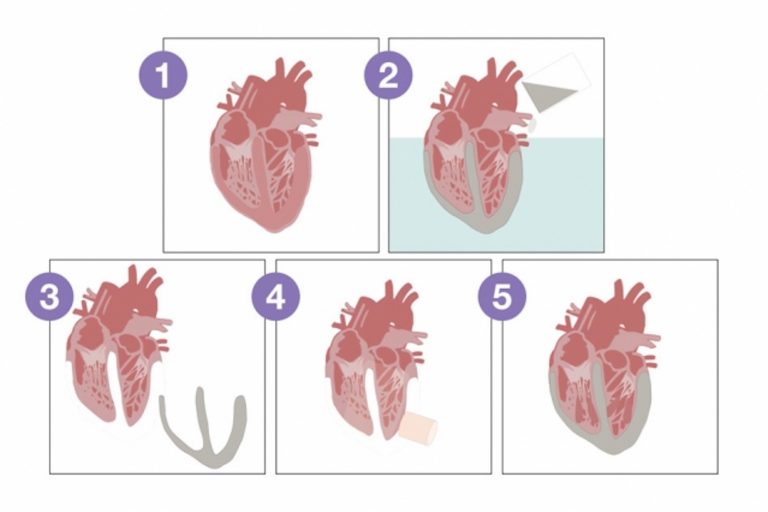Dear members of the MIT community and friends,
Over the past few weeks, I’ve had the opportunity to speak with many of you in our campus and alumni communities and to engage in lively conversation around a variety of timely topics. There are so many societal challenges that are currently on your minds. In true MIT fashion, the School of Engineering is tackling many of these problems with ambition and determination and creating solutions that will transform our world.
In this issue of The Infinite, you’ll discover stories of some of our problem-solvers. Learn how artificial intelligence has yielded a new drug that can kill many species of antibiotic-resistant bacteria; discover more about the bionic “heart” designed to test prosthetic valves and other cardiac devices; meet graduate students who are helping to design a new preparatory program for their peers; read more about the security of our electronic voting system; and listen to a podcast that shares how handwashing could slow the spread of viral disease.
I look forward more opportunities to share with you all that we’re doing to solve so many of our greatest challenges.
Sincerely,







